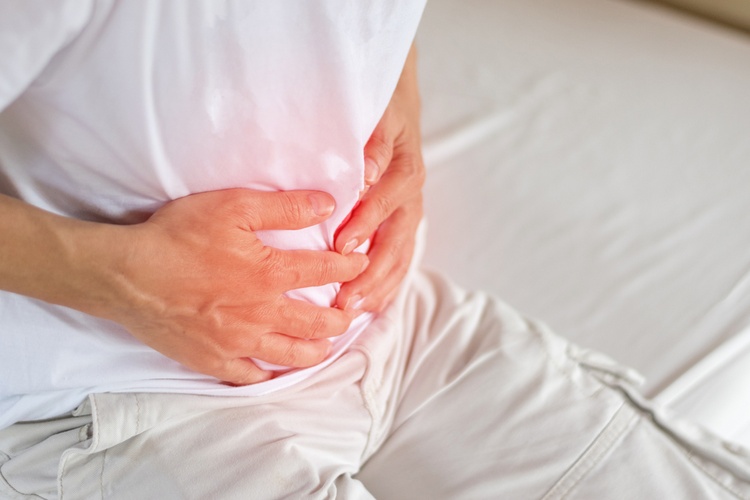How Crohn's Disease Manifests Differently in Women
Crohn's disease is a complex inflammatory bowel condition that impacts individuals uniquely, with women experiencing particularly distinctive challenges. While this chronic inflammatory disorder affects both sexes, women face nuanced symptoms and complications that require specialized understanding and targeted medical approaches. The intricate interplay between hormonal changes, reproductive health, and Crohn's disease creates a complex landscape of medical considerations specific to female patients.

What Are the Early Signs of Crohn’s Disease in Women?
Women often experience early signs of Crohn’s disease that differ from male patients. Typical symptoms include severe abdominal pain, persistent diarrhea, unexpected weight loss, and extreme fatigue. However, women may also encounter additional complications such as menstrual irregularities, increased risk of anemia, and higher susceptibility to nutritional deficiencies. These early signs can be subtle and frequently mistaken for other health conditions, making accurate diagnosis challenging.
How Does Active Crohn’s Impact Female Reproductive Health?
Active Crohn’s disease can significantly disrupt female reproductive health. Women with this condition may experience reduced fertility, increased risk of pregnancy complications, and potential challenges during childbearing years. Inflammation associated with Crohn’s can affect the reproductive organs, potentially leading to reduced ovarian reserve and more complex family planning considerations. Medical management becomes crucial in maintaining both digestive and reproductive health.
Unique Challenges for Crohn’s Disease Patients Who Are Women
Female Crohn’s disease patients often face unique medical challenges beyond typical symptoms. Hormonal fluctuations during menstrual cycles can exacerbate inflammatory responses, potentially triggering more severe disease manifestations. Additionally, women may experience increased bone density loss, higher stress levels, and more complex medication management strategies compared to male counterparts.
Treatment Approaches Tailored for Women
Treatment for women with Crohn’s disease requires a comprehensive, personalized approach. Physicians typically recommend a multidisciplinary strategy involving gastroenterologists, gynecologists, and nutritionists. Potential treatments include targeted medications, nutritional supplements, stress management techniques, and potentially surgical interventions. Hormonal considerations and potential impacts on fertility remain critical factors in developing effective treatment plans.
Comparative Treatment Options and Considerations
| Treatment Approach | Effectiveness | Potential Side Effects | Recommended For |
|---|---|---|---|
| Biologics | High | Potential immune suppression | Moderate to severe cases |
| Corticosteroids | Moderate | Weight gain, bone density loss | Short-term management |
| Immunomodulators | Moderate to High | Increased infection risk | Long-term maintenance |
Prices, rates, or cost estimates mentioned in this article are based on the latest available information but may change over time. Independent research is advised before making financial decisions.
Comprehensive Management Strategies
Successful Crohn’s disease management for women requires holistic strategies. This includes regular medical monitoring, maintaining a balanced diet, managing stress, and staying informed about potential treatment advancements. Patients should work closely with healthcare providers to develop personalized treatment plans that address both physical symptoms and potential emotional challenges.
This article is for informational purposes only and should not be considered medical advice. Please consult a qualified healthcare professional for personalized guidance and treatment.




